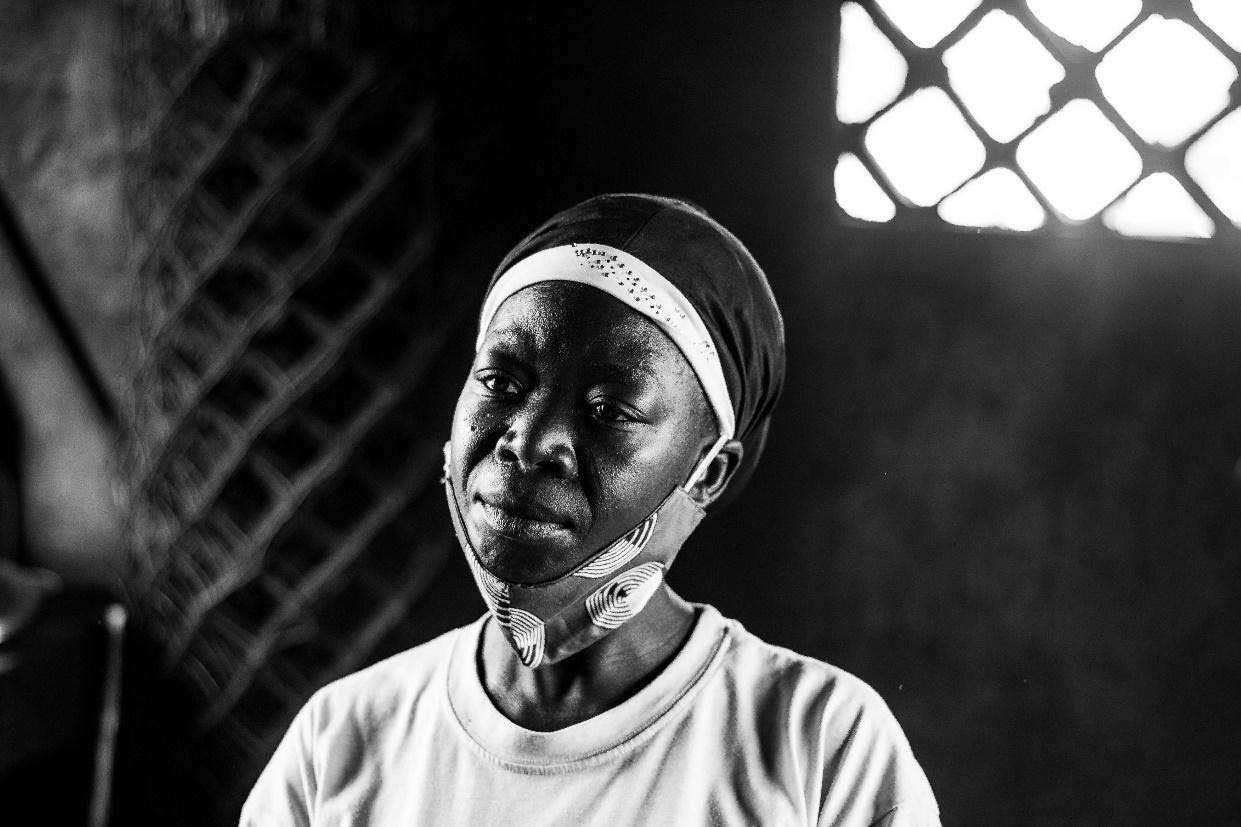By: Nyima Sillah
Psychologist Specialist, Babucarr Samateh says women are more likely affected by mental health problemsthan men.
Mr. Samateh made the assertion during an exclusive interview with The Voice.

He stated that the factors that lead to women being more prone to mental illnesses are due to environmental or genetic factors.
“Women are designed or programmed in a way which is completely different from a male that is one part of it. Also, the environment that we live in, women are exposed to more trauma, more severe violentcircumstances and they also experience other various issues,’’ he said. “If they don’t consult counseling or if they do not balance the situation it ends up breaking their sociological wellbeing so drastically,” Samateh explained.
According to him, some women naturally have it within their family history which makes them to experience mental illness.
Samateh opined that women are twice more likely to experience depression than men, and also twice more likely to experience anxiety than men. “We have different types of anxiety disorder. We have what we call social anxiety disorder which a lot of Gambians are experiencing and some of them do not realize it but one way or the other, it is affecting their efficiency, and also their productivity level at work, marriages, school, and every sector of life,” he stated.

The psychologist expert pointed out that those with social anxiety disorder find it very difficult to be within the public setting, adding the same applies to any other kind of mental illness.
Meanwhile, he explained that with substance addiction or drug addiction, men are more likely to be affected by drugs than women because women find it easier to deal with emotions sometimes, and sometimes men believe that the best way to deal with their emotions is to engage in the use of drugs to feel good.
According to him, drugs contribute in different ways, and the first one is they crave, then if they continue to crave, it becomes compulsory behavior, and from there, it becomes a controlling pattern, and later it becomes a continuing pattern of them using the drug for a very long time.





